We have deployed a model prediction service in production that is using FastAPI and unfortunately, some of the requests are failing due to a 10s timeout. In terms of concurrent requests, we typically only load about 2/3 requests per second, so I wouldn't think that would be too much strain on FastAPI. The first thing we tried to do is isolate the FastAPI framework from the model itself, and when we performed some tracing, we noticed that a lot of time (6 seconds) was spent on this segment: starlette.exceptions:ExceptionMiddleware.__call__.
The gunicorn configuration we are using didn't seem to help either:
"""gunicorn server configuration."""
import os
threads = 2
workers = 4
timeout = 60
keepalive = 1800
graceful_timeout = 1800
bind = f":{os.environ.get('PORT', '80')}"
worker_class = "uvicorn.workers.UvicornWorker"
Would really appreciate some guidance on what the above segment implies and what is causing timeout issues for some requests under a not too strenuous load.

